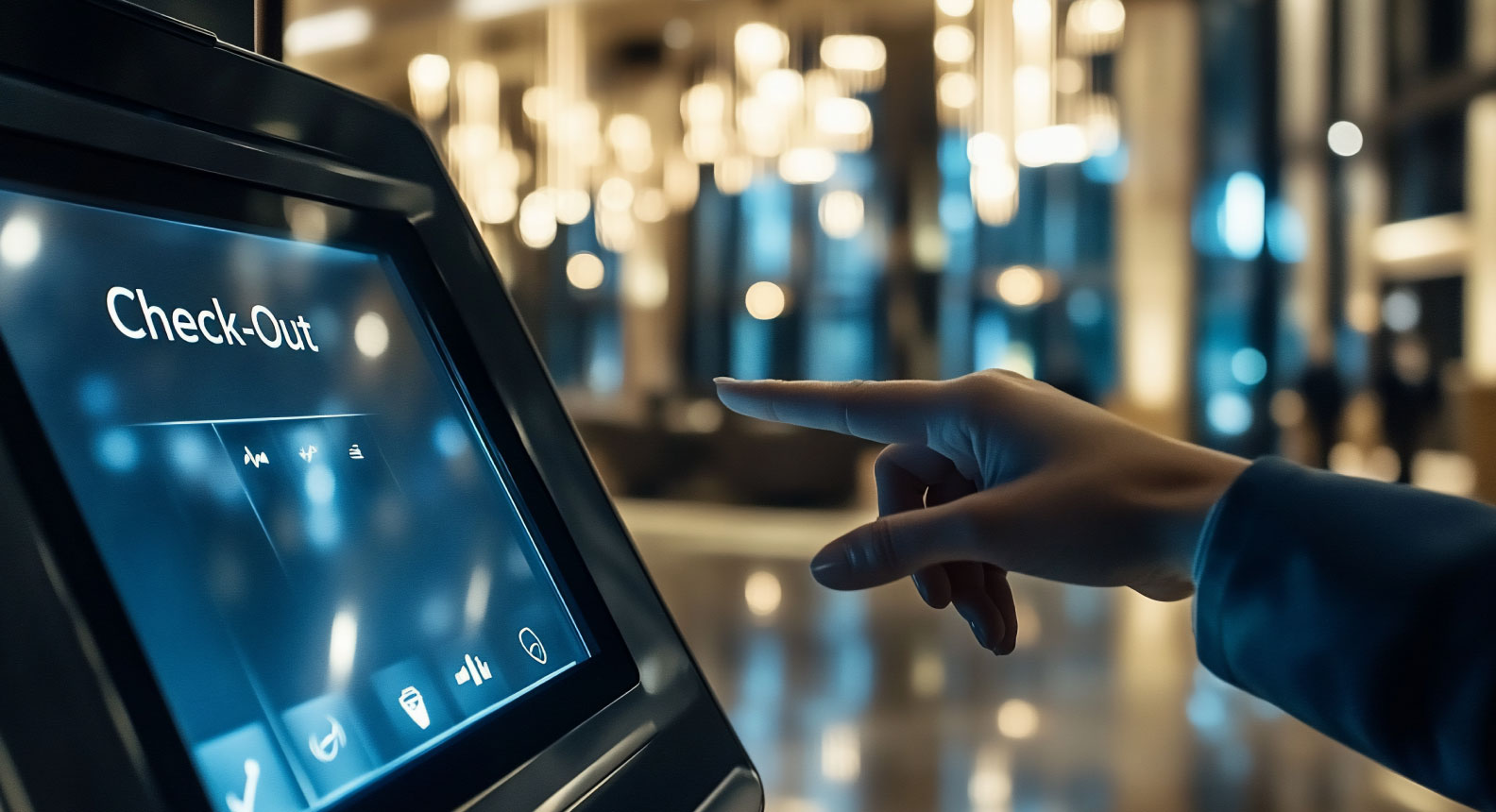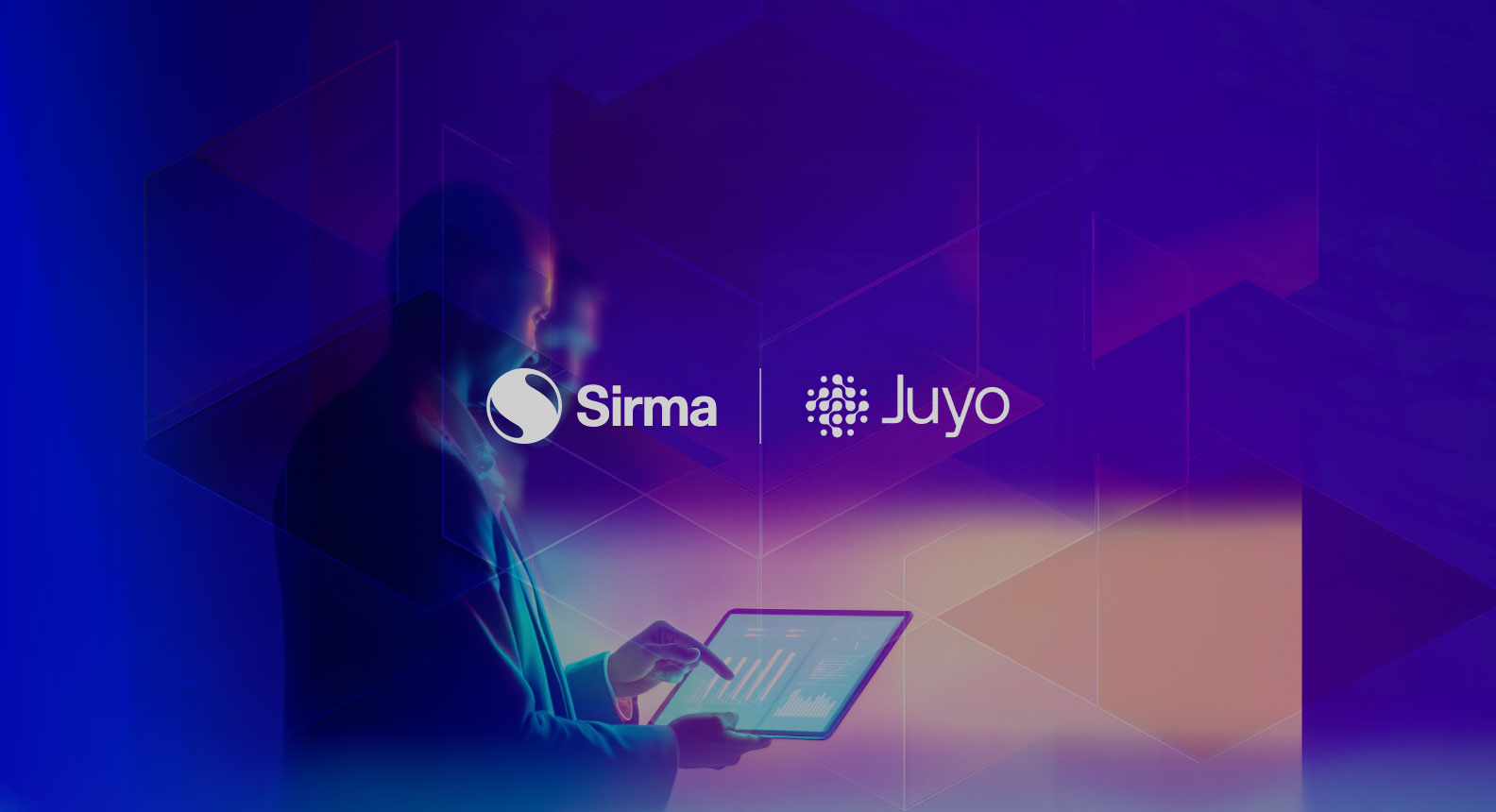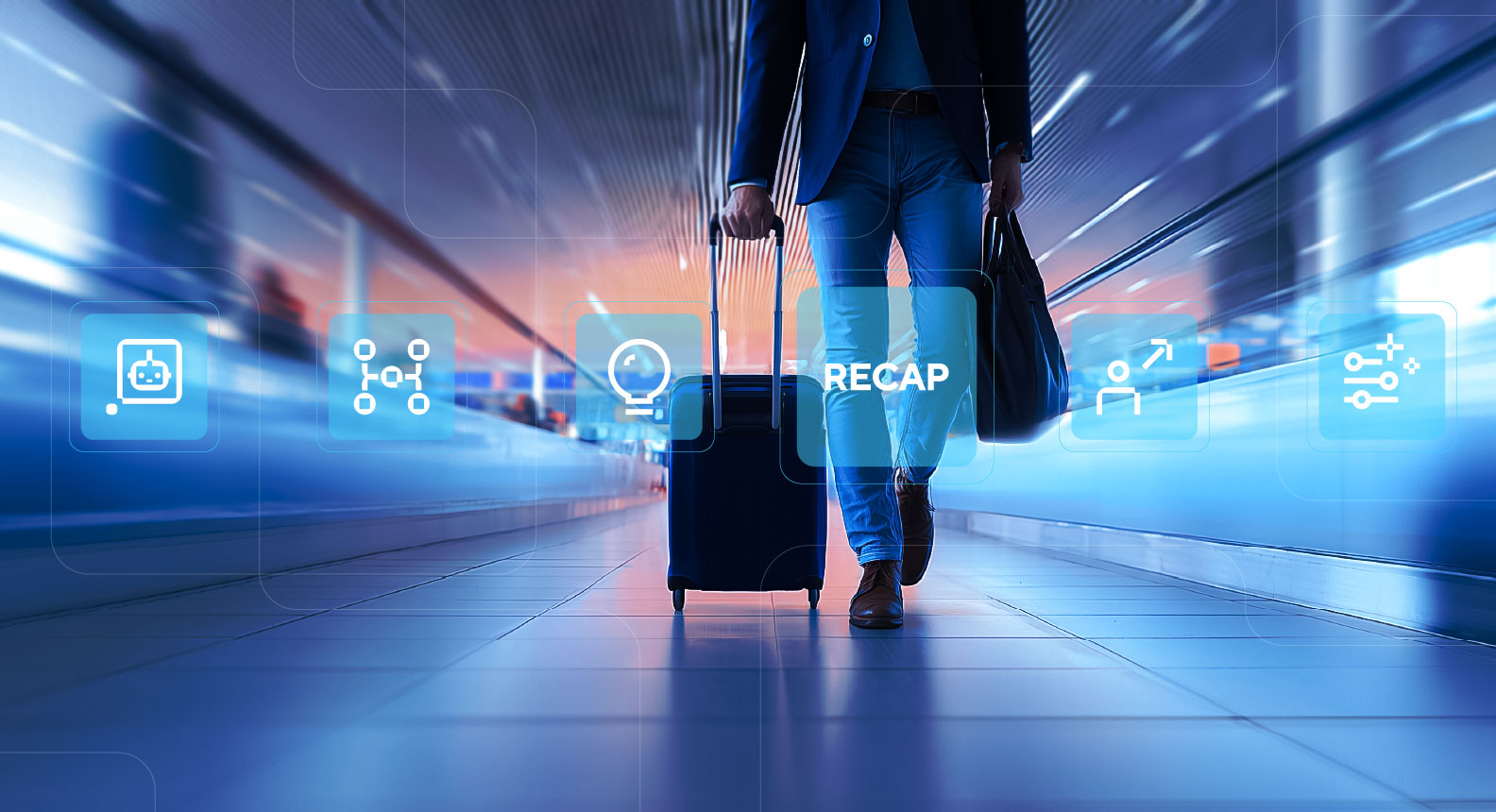In the heart of the hospitality industry, where a genuine smile and attentive service create memorable experiences, the introduction of AI-enhanced hospitality systems is creating a remarkable transformation. By blending the warmth of human connection with the precision of advanced technology, AI is redefining the guest experience and streamlining hotel operations.
This synergy allows hoteliers to innovate boldly while still prioritizing personal interactions. How does this blend of technology and warmth unfold?
In this article, we provide some key insights into how AI is transforming hospitality as we know it.
AI vs Manual Operations
Simply by automating repetitive tasks and analyzing massive amounts of guest data, AI equips hoteliers to do more with less. It enables staff to concentrate on fostering genuine connections, leaving the mundane to machines.
But this isn’t just about saving time – it’s about unlocking new possibilities in unforeseen ways. While some fear that automation might erode the human element, the truth is quite the opposite. Manual operations indeed have their strengths, such as personal judgment and the warmth of human interaction. But they are inherently limited by time, attention, and human error. In contrast, AI operates with precision, performing repetitive tasks tirelessly and mining data to unearth hidden patterns.
But this is not an “AI vs humans” story. It’s a story of synergy. The manual approach often requires experience and intuition, while AI augments these traits with data-backed precision. And together, hand-in-hand, they create a hospitality experience that’s both efficient and empathetic.
Here are some key comparisons of AI vs manual operations:
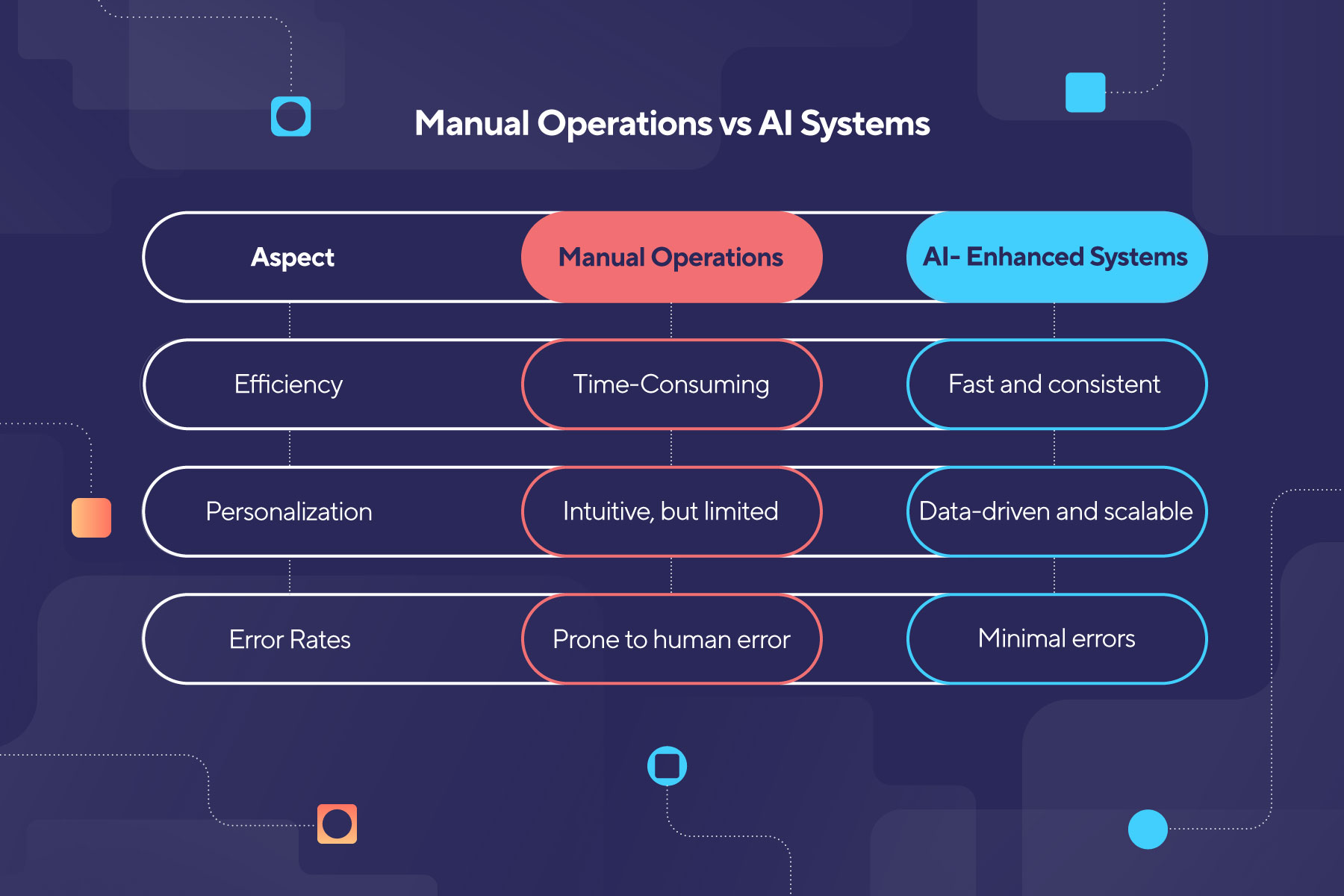
How Can AI Be Used to Improve Customer Experience?
AI’s role extends beyond visible interactions. For example, predictive maintenance ensures that facilities remain in top condition without guests noticing a single hiccup. Similarly, dynamic pricing algorithms analyze demand and competition to provide fair yet profitable room rates.
Some strategic benefits of AI in hospitality include:
-
Faster response times to guest inquiries;
-
Proactive identification of preferences and pain points in the guest journey;
-
Enhanced loyalty through consistent and high-quality service;
-
Deeper emotional bond with brands;
-
Increased customer satisfaction through personalization.
AI also plays a crucial role in addressing the pressing needs of hoteliers, such as maintaining consistent customer satisfaction. A recent study involving over 1,700 guests revealed that personalization is strongly linked to customer satisfaction, with 61% of respondents indicating they are willing to pay more for customized experiences. However, only 23% of participants reported experiencing a high level of personalization during their most recent hotel stay. AI is one of the tools that helps bridge this gap and significantly enhance the guest experience. [1]
Advantages and Disadvantages of AI in Hospitality
While AI’s potential is immense, its implementation is not without challenges. Understanding its pros and cons is key for hoteliers aiming to strike the right balance.
Some of the key advantages of AI in hospitality are:
-
Greater Efficiency – Automating routine tasks reduces operational overheads;
-
Data-Driven Decisions – AI transforms data into actionable insights, enabling better planning;
-
Reduced Costs – Routine and repetitive tasks can be easily automated.
On the flip side, key disadvantages include:
-
Initial Costs – Implementing AI systems requires a significant investment;
-
Privacy Concerns – Handling sensitive guest data demands robust security measures;
-
System Failure and Poor System Integrations – When systems fail or lack proper integration with legacy systems, they may cause serious disruptions to the entire operation.
Let’s see how these concerns unfold in practice.
Multi-faceted Approach to Implementing Innovations
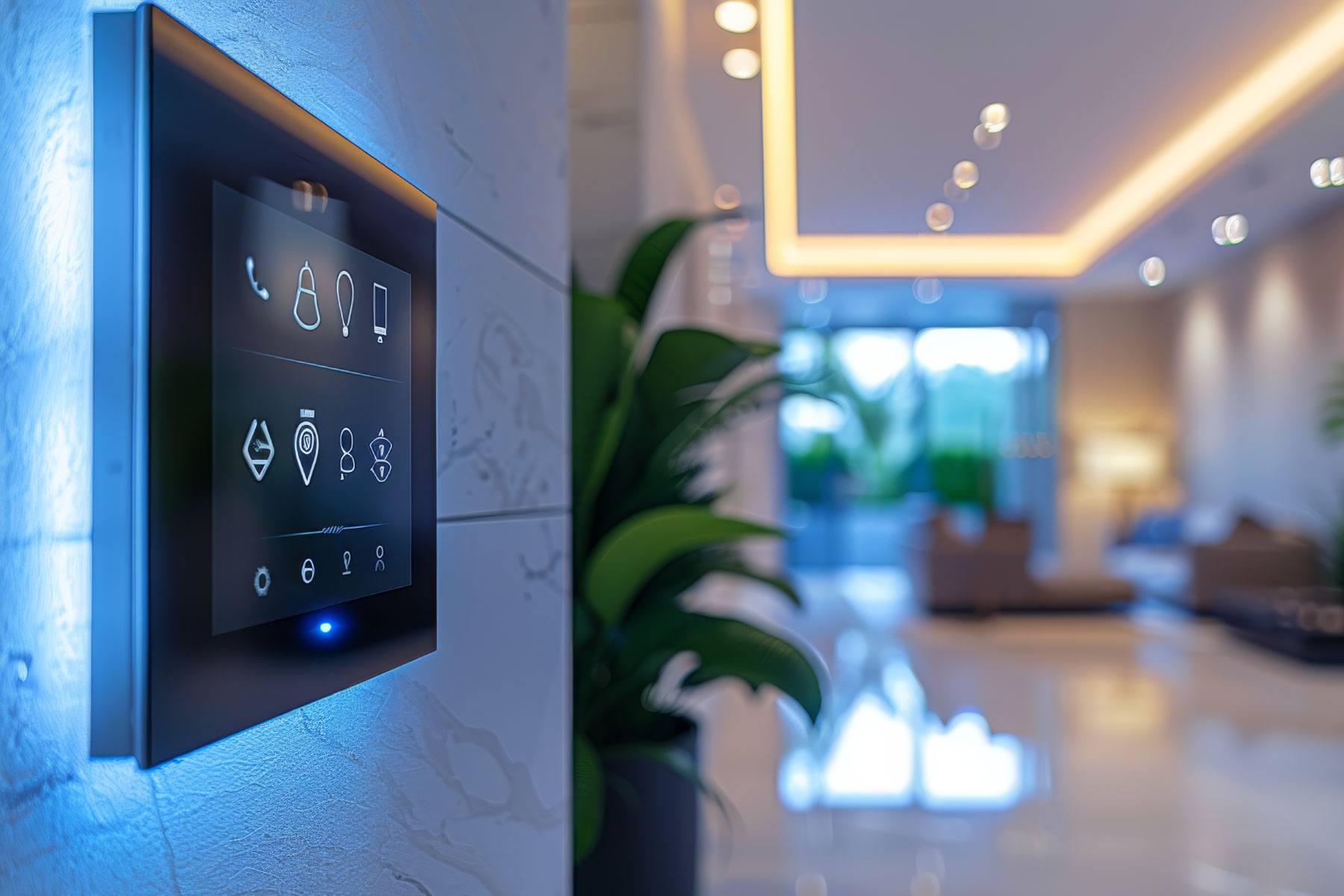
When discussing initial costs, it’s good to consider the overall ROI of integrating an AI system. According to a report by Accenture, hotels leveraging AI-driven personalization see revenue growth of up to 10% while cutting operational costs by as much as 15%. Meanwhile, McKinsey notes that AI-powered pricing algorithms can increase revenue per available room (RevPAR) by up to 7%.
These figures highlight the undeniable ROI of adopting AI, making it an essential strategy for competitive hoteliers. Forward-thinking hotel operators who invest in AI now position themselves to capture greater market share and optimize profitability in an increasingly data-driven industry.
Let’s look at Hyatt’s experience in introducing personalized booking. Hyatt partnered with Amazon Web Services to use customer data to recommend specific hotels to its guests and then suggested add-ons they would like based on their preferences. The project increased Hyatt’s revenues by nearly USD 40 million in just six months. [2]
As mentioned above, privacy issues are a second top concern for hoteliers, as AI systems require access to sensitive guest data - names, payment details, and preferences. If not properly secured, this data may be exposed to data breaches which may further violate privacy laws and erode guest trust. That’s why robust cybersecurity measures are imperative for the proper deployment of an AI system.
Finally, system failures can affect every aspect of the business. For example, they may lock guests out of their rooms or cancel reservations, which will lead to clear guest dissatisfaction and revenue lost. Poor integration with legacy systems can also be a serious problem negatively impacting the effect of new AI systems. For example, a hotel might implement an AI-powered booking engine that doesn’t sync with its legacy property management system. This can result in double bookings, lost reservations, or incorrect room assignments. In another case, AI chatbots may provide outdated information if not correctly linked to real-time inventory or pricing systems, frustrating guests and staff.
Businesses and technology providers should carefully consider these aspects when making a decision for transforming the guest experience or hotel operations, and use a tech-wise approach on how to utilize the power of AI. However, one thing is clear - AI is not just transforming guest experiences and hotel operations - if properly implemented it’s also unlocking impressive financial gains for hotels.
Final Thoughts
With the recent technological advances, we can all envision a future where emotional AI detects guest moods, augmented reality enhances virtual tours, and sustainability-focused AI minimizes environmental footprints.
As hotels continue to evolve, the smooth integration of AI technologies is essential for elevating guest satisfaction. Weighing the pros and cons is an obligatory step of the process for every hotelier. The AI innovations are most effective when working in harmony with human service, which remains a fundamental aspect of the hospitality experience.
Ready to redefine the guest experience and maximize your ROI? At Sirma, we offer wide travel and hospitality development expertise to help you develop or integrate any AI-driven solutions you may need.
